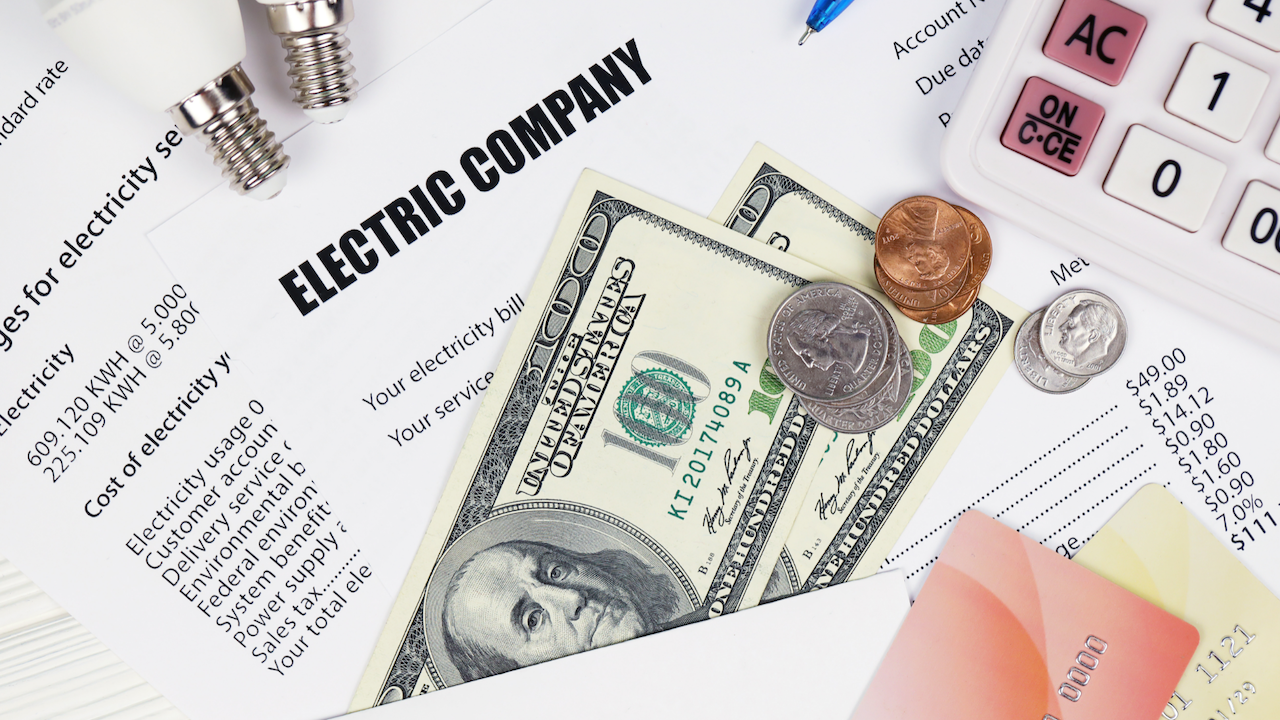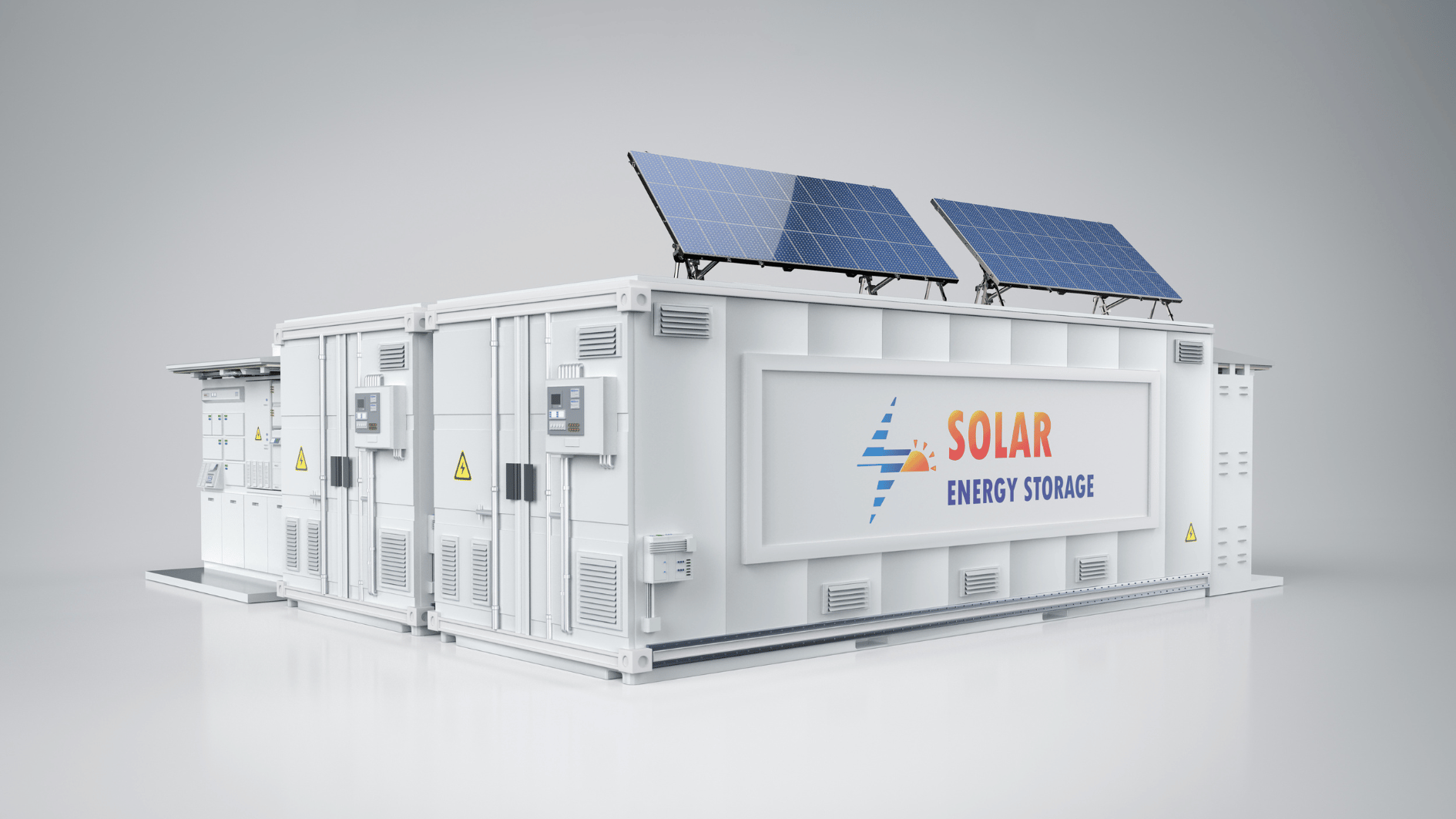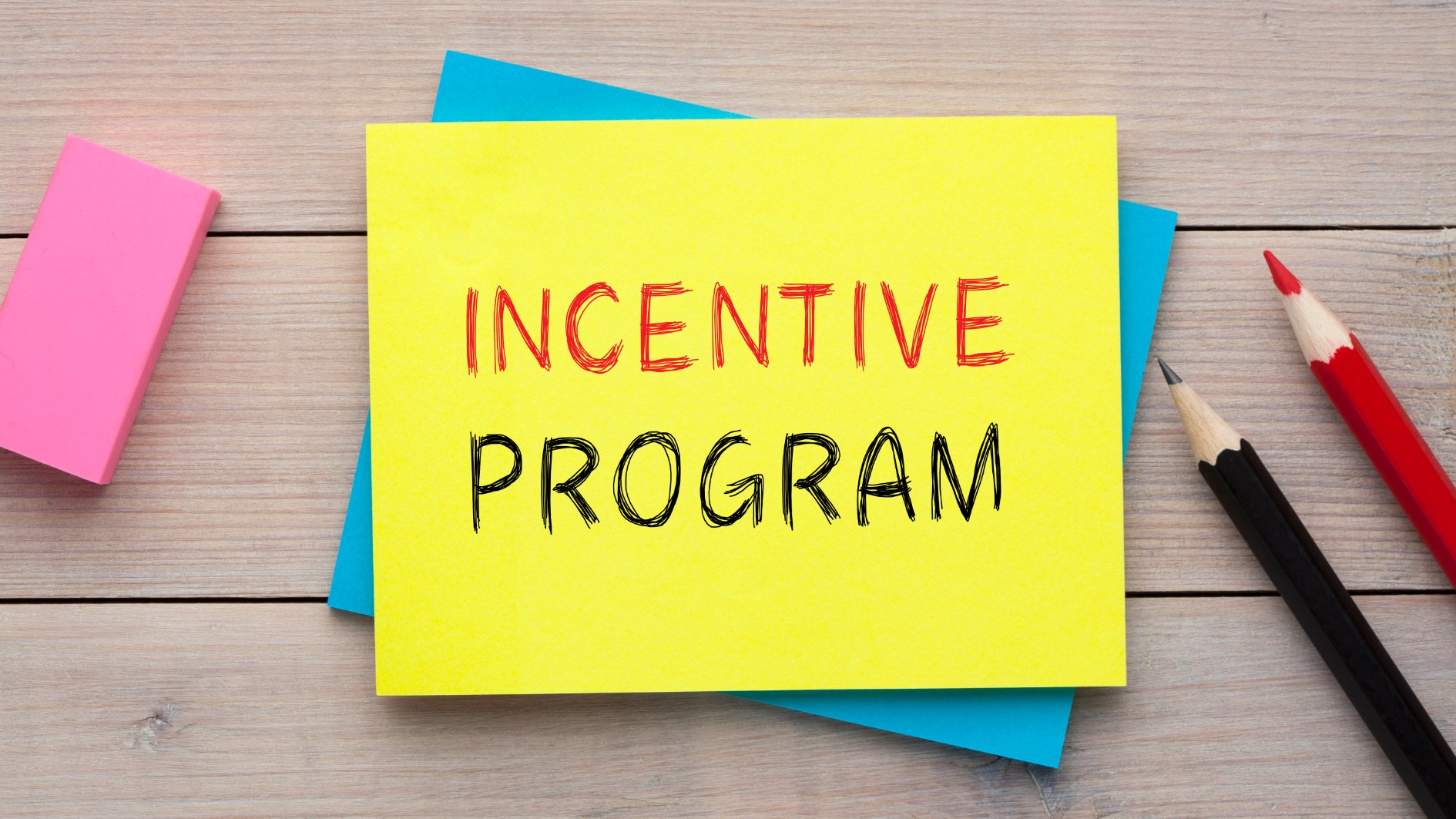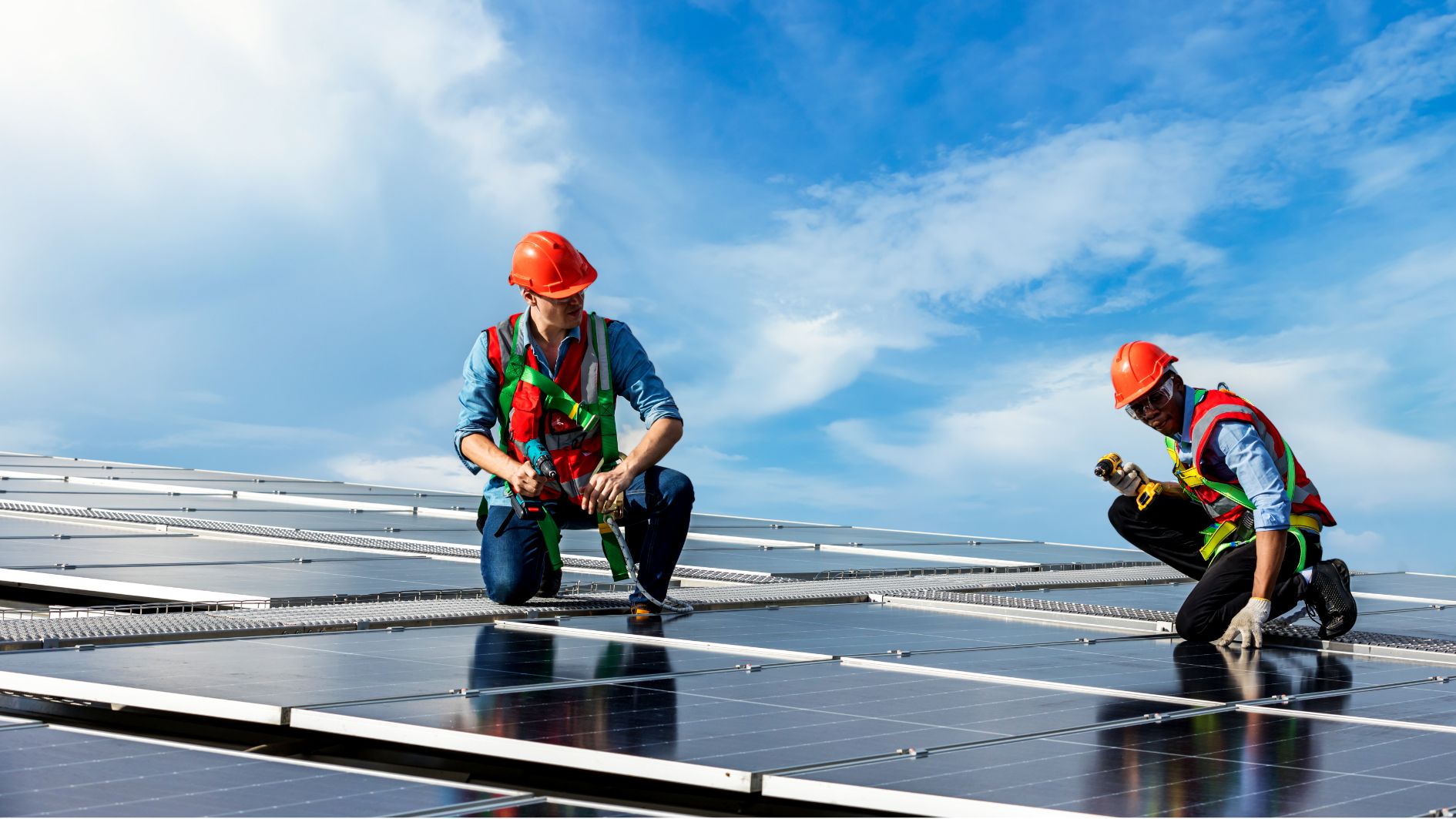Back to: Reasons Why Low-Income Families Should Consider Going Solar

Cost Savings on Energy Bills
Electricity bills are a substantial expense for many low-income families. Solar panels can significantly reduce these costs by generating clean, renewable energy directly from the sun. In many cases, families can save hundreds of dollars annually, freeing up money for other essential expenses like food, healthcare, or education.

Reducing Your Electric Bill: Understanding the Impact of Solar Energy

Increased Energy Independence
Solar panels allow families to generate their own power, reducing reliance on utility companies and insulating households from fluctuating electricity prices. This energy independence can bring financial stability and predictability to monthly budgeting.

Solar-Plus-Storage: A Comprehensive Overview

Government Incentives and Assistance Programs
Numerous government programs make solar energy affordable for low-income households. These include:
- Federal Tax Credits: The federal government offers tax credits for installing solar panels, which can cover a significant portion of the cost.
- State and Local Incentives: Many states provide rebates, grants, or low-interest loans to help families go solar.
- Community Solar Programs: These programs allow households to share the benefits of a solar installation without the need to own or maintain the panels themselves.

Key Solar Incentives in the U.S. You Should Know

Low- or No-Cost Financing Options
Innovative financing models, such as solar leasing and power purchase agreements (PPAs), allow families to install solar panels with little to no upfront costs. Instead of buying the system outright, households pay a monthly fee, often lower than their previous electricity bill.

The Solar Panel Payment Dilemma: Solved!

Improved Home Value
Installing solar panels can increase a home’s resale value. Homes with solar energy systems are often seen as more attractive to buyers, which can be a long-term financial benefit for homeowners.

Do Solar Panels Add Value to Your Property?

Environmental Benefits
Switching to solar energy helps reduce carbon footprints and combat climate change. By going solar, low-income families can contribute to a cleaner environment and healthier communities, particularly in areas disproportionately affected by pollution from traditional energy sources.

Solar Energy: A Sustainable Solution for a Cleaner Environment

Job Creation and Local Economic Growth
The solar industry is a major source of job creation. Supporting the growth of solar energy can lead to more employment opportunities in local communities, benefiting families directly or indirectly.

Solar-Powered Careers: Unlocking Job Opportunities

Energy Equity and Social Justice
Historically, low-income and marginalized communities have faced higher energy costs and less access to clean energy solutions. By going solar, families can participate in the transition to renewable energy, bridging the gap in energy equity and ensuring fair access to sustainable resources.

Solar-Powered Careers: Unlocking Job Opportunities

Resilience Against Power Outages
Pairing solar panels with battery storage systems can provide backup power during outages. This resilience is especially crucial for families with medical equipment, remote work needs, or living in areas prone to natural disasters.

What Happens to Your Solar Power System During a Power Outage?
Final Thoughts

The transition to solar energy is no longer out of reach for low-income families. With cost-saving benefits, supportive programs, and environmental advantages, solar energy provides an opportunity to improve financial stability and quality of life. By exploring available resources and financing options, families can make the switch to solar and enjoy a brighter, more sustainable future.
Next Steps
- Research local and federal solar incentives.
- Consult with a solar energy provider for a free assessment.
- Explore financing options like solar leasing or PPAs.
- Consider joining a community solar program if installing panels isn’t feasible.
Going solar is a powerful way to save money, help the environment, and empower communities. It’s time to harness the power of the sun!


